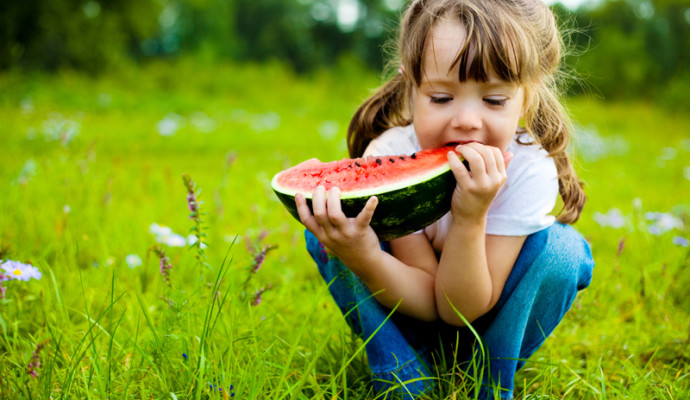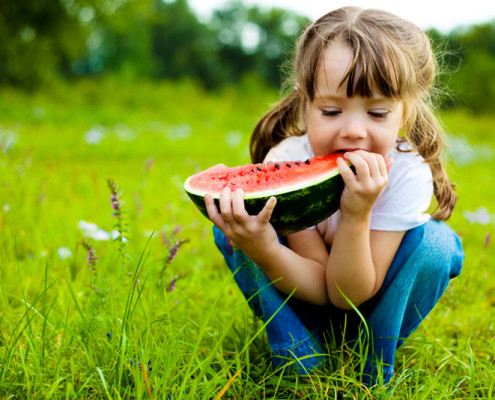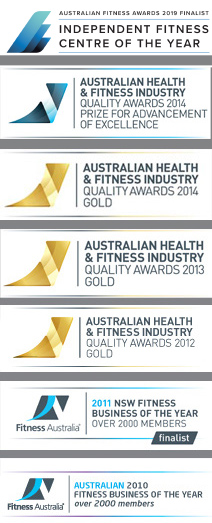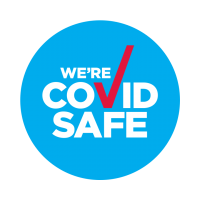Basic Nutrition Guidelines

Nutrition is probably the single most important thing when it comes to nailing your body composition goals. Without a solid nutrition plan set in place, the chances of you dropping that extra body fat or increasing your muscle mass are slim.
There is never a ‘one size fits all’ nutrition plan; there are far too many variables to take into account. What we can do is make sure that we choose smart options where possible. We need to be eating plenty of protein, lots of vegetables and then filling in the gaps with dietary fruits, fats and starch. Whole, nutrient dense foods need to make up the majority of our diet and alcohol intake needs to be limited. I always think a smart way of doing things is the 90/10 rule, as long as 90% of our diet is good, we have 10% to play around with. We have to earn that 10% though!
Protein is our bodies building blocks and will help us increase and maintain our muscle tissue. Options to choose from can be: any fish or seafood, lean meats such as turkey and chicken, beef and eggs are all great choices. Tofu is the go to choice for all those who are vegetarian.
Carbohydrates are our bodies main energy source and should never be omitted from our diet. Eating healthy carbohydrates around workout times can ensure that these carbs are put to good use. Options include: wholegrain bread, brown rice, oats, sweet potato and quinoa.
Healthy fats such as nuts, natural nut butter as well as avocado will help regulate our bodies hormone level effectively. Fats are high in energy, containing 9 calories per gram (both carbs and protein are 4 calories per gram) so be careful not to overload.
If we can aim of eat 3-4 whole meals a day and base them around these healthy options we can lay a solid foundation. Other than that, it’s a matter of making one small change at a time, experimenting with meal timing, portion sizes and tweaking variables as needed to suit your goals and lifestyle. To take out some of the guesswork, we suggest you visit our resident dietitian, Rebecca. She will look closely at what you are currently consuming and tweak your intakes of protein, carbs and fats to suit you.
Hydration is also extremely important. We should all aim to consume 2-2.5 litres of water per day. Water will help aid our bodies physical and cognitive functions as well as allow us to appropriately regulate our body temperature. Sometimes we can’t determine between feeling hungry and being dehydrated, so we should be reaching for the water bottle instead of opening the fridge!
WIN A MASSAGE
Answer 5 true or false questions and place your completed quiz in our feedback box by 26 October for your chance to win.










